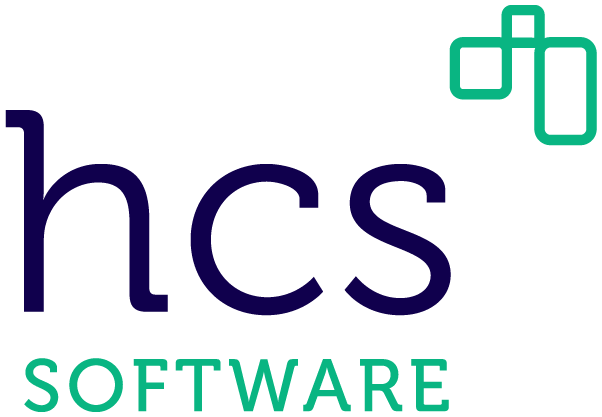Legacy applications can be a significant challenge for businesses, as they can be difficult and costly to maintain and often lack the capabilities of modern software. In this blog, we will explore some of the reasons why businesses should consider updating their legacy applications.
Security vulnerabilities
Legacy applications often lack the security features and updates that are needed to protect against modern cyber threats. This can leave businesses vulnerable to cyber attacks, which can lead to data breaches and other security incidents. By updating legacy applications, businesses can ensure that they have the latest security features and updates to protect against potential threats.
Costly maintenance
Maintaining legacy applications can be expensive, as it often requires specialized skills and knowledge to keep them running smoothly. As these applications age, the cost of maintaining them can increase significantly, as hardware and software components become obsolete and difficult to replace. By updating legacy applications, businesses can reduce maintenance costs and streamline their IT operations.
Compatibility issues
Legacy applications may not be compatible with modern hardware and software, which can cause significant problems for businesses. Incompatibility issues can lead to crashes, data loss, and other disruptions that can impact productivity and customer service. By updating legacy applications, businesses can ensure that their software is compatible with modern hardware and software, which can improve performance and reliability.
Limited functionality
Legacy applications may lack the features and functionality that businesses need to remain competitive in today’s market. For example, they may not be able to integrate with modern systems or provide real-time data analytics. By updating legacy applications, businesses can gain access to the latest features and functionality, which can help them to stay ahead of the competition.
Improved user experience
Legacy applications may have outdated interfaces and workflows that can be difficult for users to navigate. This can lead to frustration and decreased productivity. By updating legacy applications, businesses can improve the user experience, which can increase productivity and customer satisfaction.

In conclusion, there are many reasons why businesses should consider updating their legacy applications. From security vulnerabilities and costly maintenance to compatibility issues, limited functionality, and poor user experience, legacy applications can be a significant challenge for businesses. By updating their applications, businesses can improve security, reduce costs, gain access to new features and functionality, and improve the user experience. If you are considering updating your legacy applications, it is essential to evaluate your needs and requirements to determine the best approach for your business.
Contact Us
Contact us for a no obligation chat about any software projects





